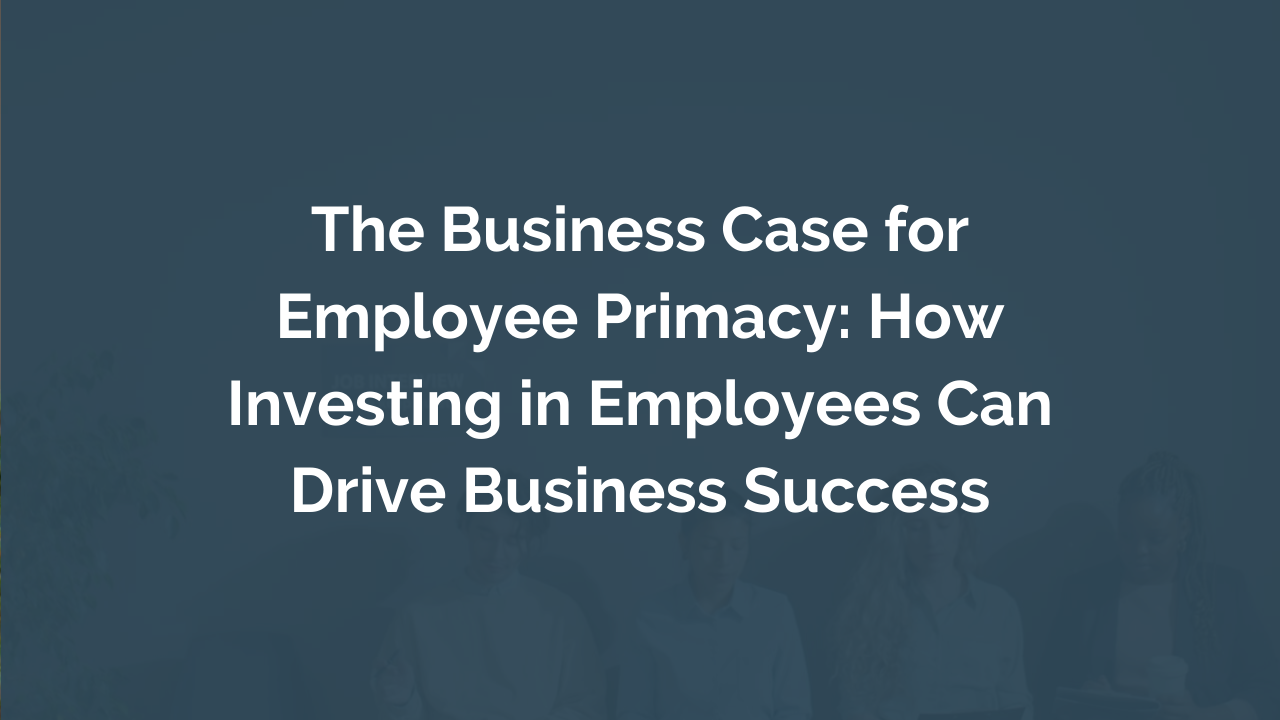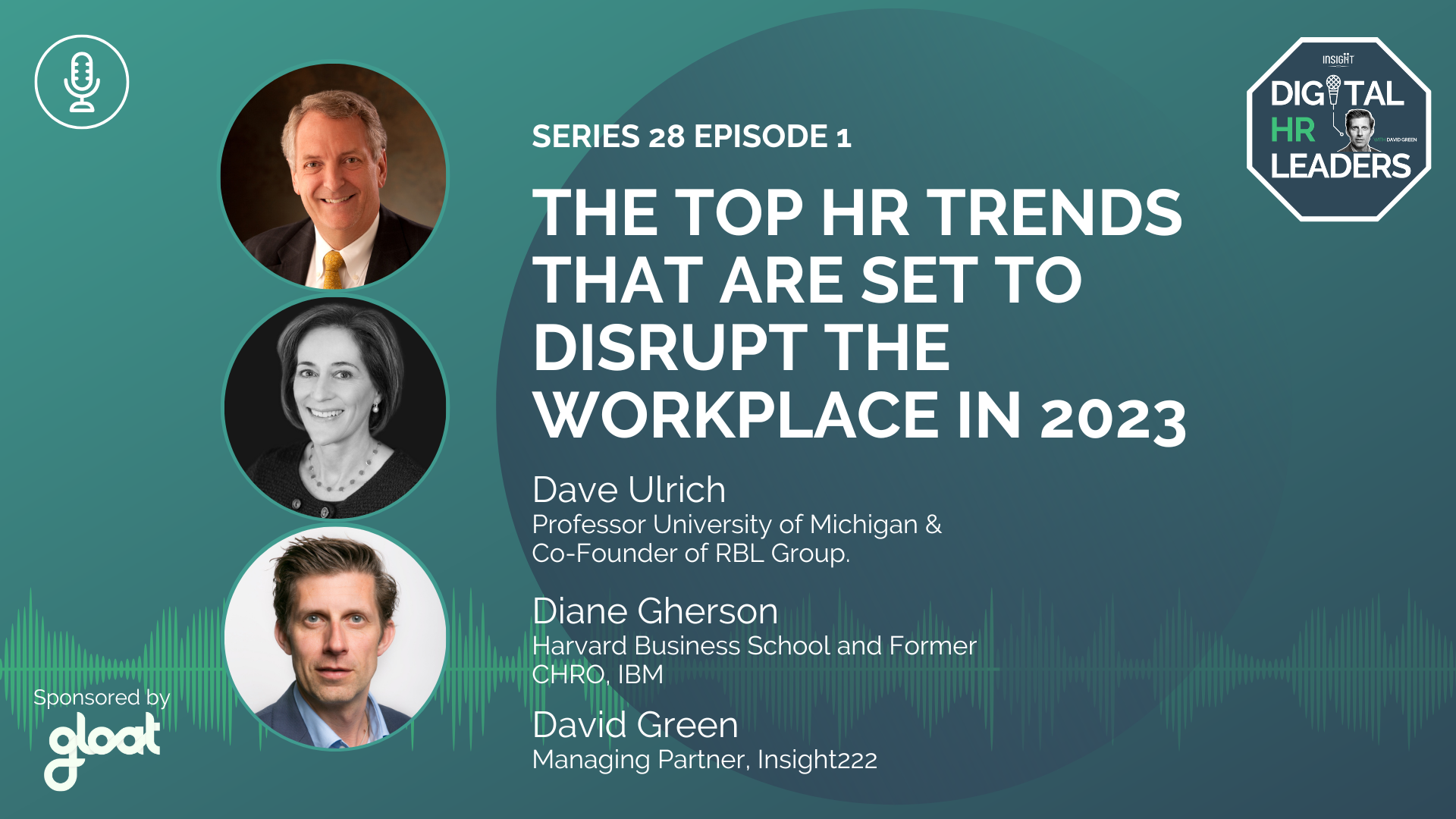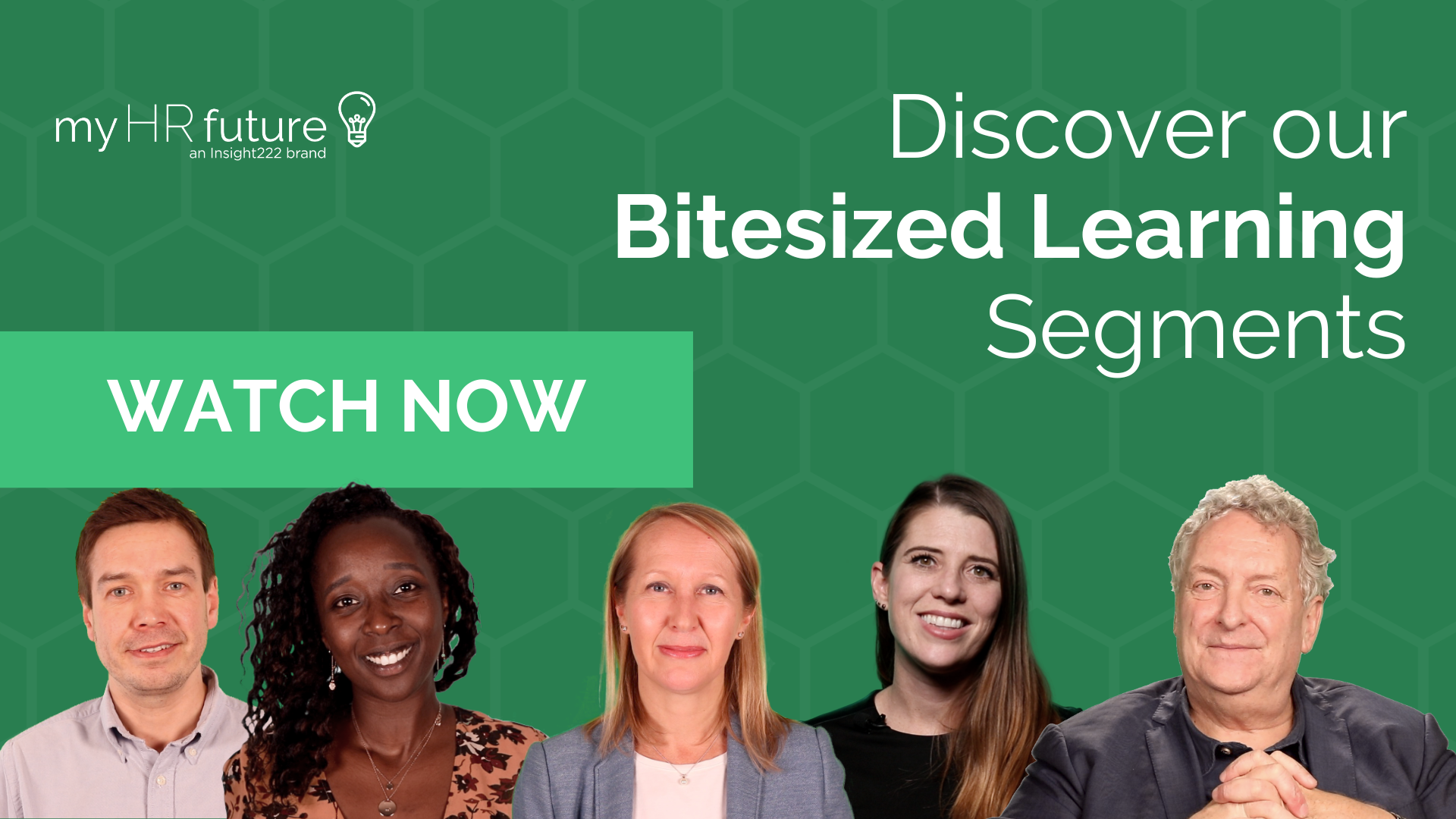The Business Case for Employee Primacy: How Investing in Employees Can Drive Business Success
The old saying goes, "People are your greatest asset." That is why employee primacy should sit at the heart of any successful organisation.
Put simply; employee primacy is placing employees at the forefront of decision-making and prioritising their needs within a business. It's more than just providing competitive wages or a superior benefits package. It involves understanding what truly motivates your people, inspiring them with meaningful work, empowering them to make decisions, while creating an environment that promotes career development and allows them to reach their full potential.
Areas of responsibility for people analytics teams. Source: 2022 Insight222 People Analytics Trends report
It's about creating a positive employee experience that aligns with both HR and business goals. And when companies invest in their people, the results speak for themselves. For instance, research from McKinsey highlights that by investing in the needs of your employees and providing them with meaningful work, you can reap the benefits of:
Enhanced productivity;
Improved retention rates;
Improved bottom line;
Higher organisational loyalty.
Ultimately, when you invest in your people, they'll invest back and create more positive business outcomes. As a result, employee primacy should be an ongoing priority for any organisation looking to create a long-term business performance.
The Role of People Analytics in Employee Primacy
As Diane Gherson highlights on the Digital HR Leaders podcast:
"There's now a new licence for self-care; people are more likely to say, "I want to build my work around the life I want to lead", as opposed to the other way around."
Implementing an employee-centric approach to human resource management is easier said than done. Companies are often hampered by organisational siloes, limited resources, and a lack of visibility into key business metrics to make informed decisions.
For instance, if we look at the current productivity paradoxical situation between employee and C-suite needs on the status of hybrid working, it highlights the difficulties faced by HR in ensuring both sets of needs are met.
And while there is evidence supporting both in-office and remote working, it is near impossible for companies to understand the optimal model for their business without access to data-driven insights.
This is where people analytics comes in. Organisations can overcome these challenges by leveraging the power of data to gain real-time insights into employee experiences, behaviours, and needs.
Enhancing Employee Experience and Preventing Burnout
As we found with our Insight222 People Analytics Trends research report in 2022, a key distinguishing factor among Leading Companies is their complete dedication to prioritising employee experience and creating engaged employees.
Figure. 13 The top five areas where people analytics adds the most business value. Source: 2022 Insight222 People Analytics Trends research report
People analytics helps organisations get into the minds of their employees by tracking data about employee engagement levels, understanding what motivates them, what generates employee satisfaction, current and future employees, and uncovering any potential issues that may lead to higher retention rates.
It's about taking employee-centric practices a step further by really understanding the sentiment of your employees. And with the Workplace Health Report 2023 highlighting that employees are 11% more stressed at work in 2023 than in 2022, understanding the needs and well-being of your employees to prevent burnout and the costs associated with it should be critical.
Microsoft is a great example of a company that has utilised the power of employee feedback and key business metrics to promote employee primacy and a company culture that thrives. Not only are they going beyond the standard employee engagement surveys and creating a culture of meaningful work by measuring employee thriving; Dawn Klinghoffer, Head of People Analytics at Microsoft, highlights that by
"identifying different levers that can create more sense of balance, like having focus time, like prioritisation, managers helping you with prioritisation... [they] instituted some different programmes and [they] saw [their] work/life balance improve."
And if we look at the likes of Spotify and Uber, both companies have used employee listening to inform and decide on their remote and hybrid working models. Both of these have benefited from enhanced business performance and employee engagement.
Unlocking Employee Engagement and Development with People Analytics
Gartner research shows that employees want purposeful work. They want to know that their skills are being developed and that their employers are investing in their future. They want to know what training and development opportunities exist, how to access them, and if there's a clear path for career progression. But they also want transparency.
People analytics can provide the answers to these questions. By analysing employee feedback and using sentiment analysis techniques, organisations can get real-time insights into what their employees are thinking, feeling, and saying about their work.
Similarly, by understanding the skills of your workforce and strategically planning ahead for the future skill needs of your workforce, organisations can develop tailored training and development programmes that meet the needs of current and future employees.
The Importance of Measuring Impact
Ultimately, people analytics is a tool for understanding what makes your employees tick and creating a meaningful work culture. But to really measure the impact of employee-centric initiatives and make sure that they are delivering, organisations must also make sure to track their performance against key business metrics such as productivity, customer satisfaction, financial performance, and employee retention.
By tracking and analysing the data, organisations can identify areas in which they are performing well and those that need further attention to ensure that their employee-centric practices are successful.
Though it's important to remember that the results will only be as good as the data collected, organisations must ensure they have a comprehensive understanding of their workforce and the metrics they are tracking to make informed decisions.
At myHRfuture, we understand the importance of people analytics and have developed a suite of online people analytics courses on our myHRfuture Academy to help organisations use it to its full potential. Whether you're new to the concept or already experienced, our team of leading experts will take you through everything from data collection and analysis techniques to understanding employee sentiment and measuring impact of existing employees.
Sign up now to the myHRfuture Academy and unlock the power of people analytics and create an engaged and productive workforce.
ABOUT THE AUTHORS
Nerea Gonzàlez
Nerea is an experienced consultant having worked in professional services for PwC and Aon for over five years, prior to joining Insight222 in 2022. She has consulted with global clients in the Manufacturing, Retail, Consumer Goods, Pharmaceutical and Financial Services sectors, amongst others, and in a number of functional areas such as human resources, finance and M&A. Nerea was dual educated in Spain and UK, is Spanish by nationality and also has lived in Ireland for part of her education. She is a certified accountant (ACCA) too! Outside of work, Nerea enjoys skiing, wake boarding, water skiing, tennis, paddle and scuba diving for which she is PADI qualified.
Empowering Employee Primacy Through Effective Employee Listening
Unleash the untapped potential of your organisation with our Insight222 transformative 12-week consulting service, Discover. Through the power of employee listening, we will guide you in connecting with your people on a deeper level, driving enhanced business success. Explore who and what to listen to, understand the significance of active listening, and align your goals with a compelling story and vision. With our expert consultants by your side, create a culture of engagement where the voices of your employees are valued, driving sustainable growth and empowering employee primacy. Experience the transformative effects of effective employee listening with Discover. Contact our consultants today to learn more.







